Have you heard of the city of Barle? A very exciting city ...
The town of Barle, located about 100 kilometers south of Amsterdam, consists of numerous plots owned by either Belgium (Barle-Hertog) or the Netherlands (Barle-Nassau).
It is a place where a person can share a bed with a partner, and at the same time be in another state.
Namely, the city of Barle-Hertog is located on the border of the Netherlands and Belgium; the city is, in fact, divided in two, so that one side is under the jurisdiction of Belgium and the other belongs to the Netherlands.
For example, when you enter the De Biergrens pub, you enter it from the Netherlands, and at the other door you go out to Belgium. Yes, a bit strange, but it is one of the craziest international borders on the planet. There are even two telephones in the pub, one connected to Belgian telecom, the other to Dutch, and there are also two cash registers, each at opposite ends of the pub.
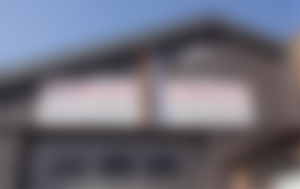
Barle's bizarre geography dates back to the 12th century, when wars determined lands and what actually belonged to whom. When Belgium seceded from the Netherlands in 1830, the mess and lines that marked whose belonged became the national border, but also left behind numerous enclaves. Today, Barle lies in the Netherlands, but there are 22 Belgian enclaves which, on the other hand, have seven Dutch enclaves within them. Life in this city is quite peaceful and the dynamics of relations between enclaves is not what it usually is in such environments.
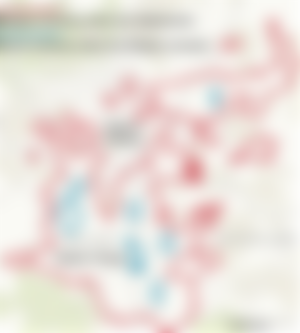
This interesting zigzag border is marked with white crosses on the sidewalk and metal pillars on the road, and it runs through the city without choosing where it will go, so that it literally cuts fields, orchards, houses, streets, cafes.
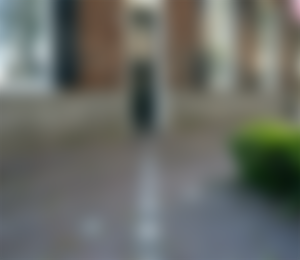
In homes through which this unusual boundary passes, the nationality of the household is determined by the location of the house or room. If the border passes from the street through the middle of the door, ie two parts, then the house belongs to different countries and it is marked with two street numbers on the building or house.
For many years, shops in Belgium have been working on Sundays, while in the Netherlands they have not. Also, there were periods when, according to Dutch law, cafes and restaurants had to close earlier, so guests would have to switch to tables located on the Belgian side. However, since the arrival of the European Union, many of these differences in laws have disappeared.
With the outbreak of the coronavirus pandemic, the inhabitants of this city faced an additional dilemma: whose instructions, recommendations and measures to follow?
This is exactly the case with an artist through whose studio an imaginary border passes. She decided to respect Belgian measures and closed the studio.However, other bars on the street are working smoothly, following Dutch recommendations.
The rules differ not only from street to street, nor from door to door, but also within one building - Dutch law applies in one apartment, while Belgian law applies in the hallway.
The Belgian government closed the border with the Netherlands, as crossing the border on a daily basis is common in this area, but it was impossible to report in Barle-Hertog. The Dutch thus continue to cheerfully nibble on french fries and buy ice cream in Dutch bars, while the Belgians can possibly watch the neighbors from the window.
The large outlet store operating in both countries has literally been halved; the border is cut and the Dutch and Belgian parts are separated by a strip. The Belgian side is in the dark, and the Dutch work recklessly.

On the other hand, the inhabitants of this city for centuries managed to live in peace and make consensual decisions concerning both sides. In that sense, Barle is an example to the whole of Europe. And given the chaotic situation, only two deaths have been reported on the Dutch side since the beginning of the pandemic, while eight cases of the infection have been confirmed on the Belgian side, as was announced in May this year.
The Belgians were then advised to wear masks regularly, while the Dutch had no obligation to protect themselves.
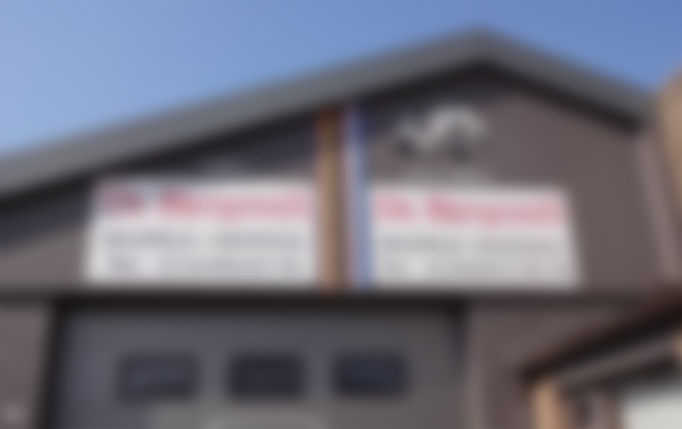
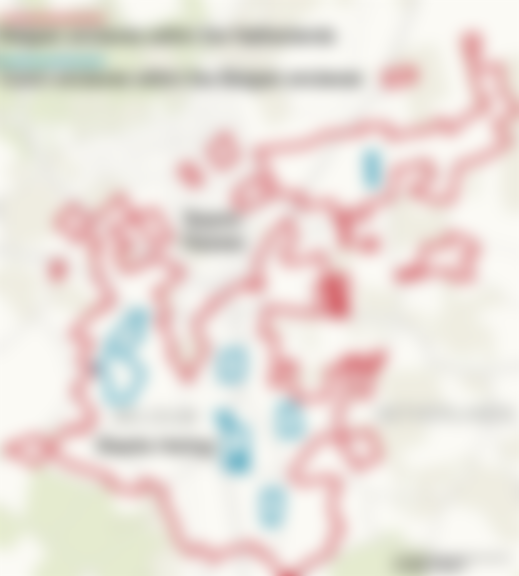
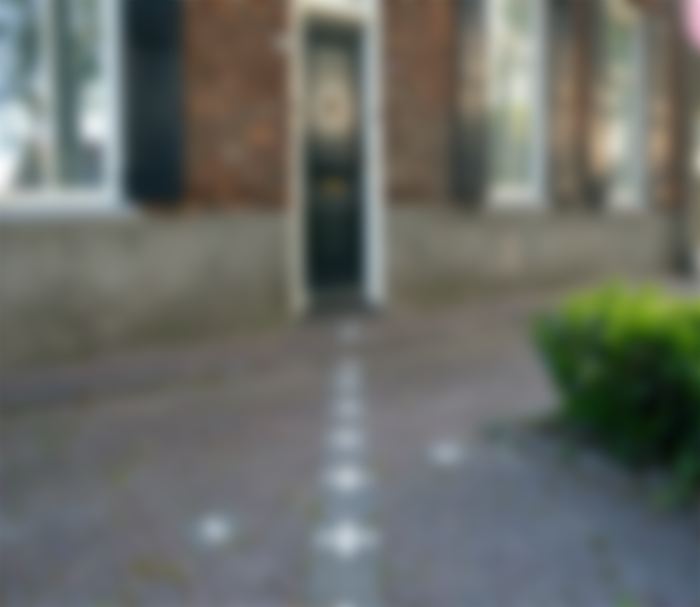
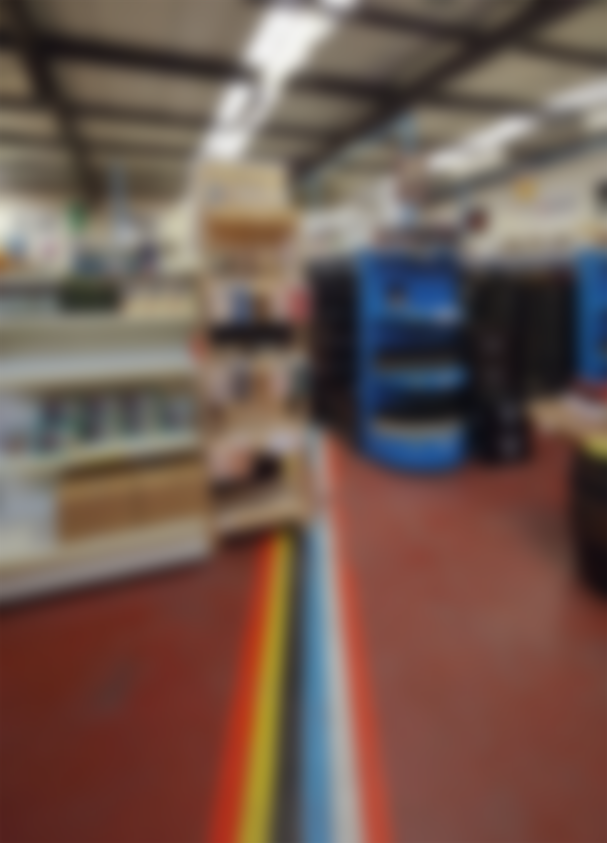
You are welcome mam.